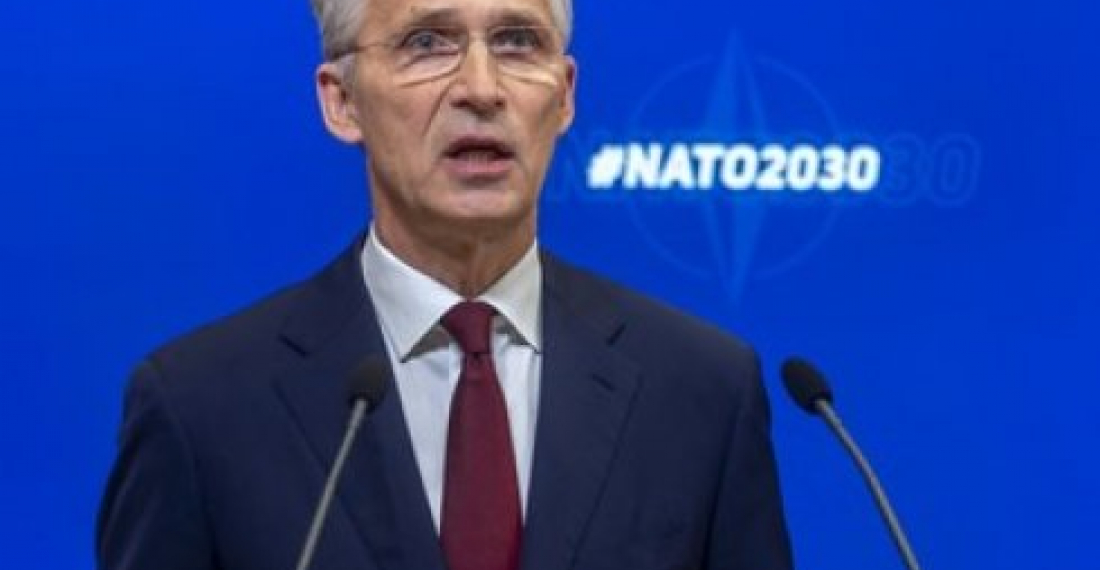NATO Secretary General Jens Stoltenberg on Monday (8 June) launched his outline for NATO 2030 in an online conversation with the Atlantic Council and the German Marshall Fund of the United States. "This is an opportunity to reflect on where we see our Alliance ten years from now, and how it will continue to keep us safe in a more uncertain world" the Secretary General said.
To do this, the Secretary General said NATO must "stay strong militarily, be more united politically, and take a broader approach globally." In his speech, Mr Stoltenberg stated that staying strong militarily means continuing to invest in our armed forces and modern military capabilities, which have kept us safe for over 70 years. Strengthening NATO politically means using NATO as the forum to discuss, and where necessary to act, on issues affecting our shared security. Finally, making NATO a more global Alliance means working even more closely with like-minded partners to defend our values in a world of increased global competition.
Jens Stoltenberg said the COVID-19 pandemic has “magnified existing trends and tensions when it comes to our security”, but other security threats like Russian military activities, emboldened terrorist groups, and the rise of China “fundamentally shift the global balance of power”.
“Using NATO more politically also means using a broader range of tools,” he added, including economic and diplomatic means.
“What we need is the political will to use NATO, to decide and, when necessary, to act for our shared security,” he said.
“As we look towards 2030, we need to work even more closely with like-minded countries like Australia, Japan, New Zealand and South Korea, to defend the global rules and institutions that have given us security for many decades,” Stoltenberg said.
Asked if NATO would consider China as the new enemy, Stoltenberg said the alliance “does not see China as the new enemy” but must be ready to face up to the country’s growing might. He pointed towards two major concerns: China’s revamped military development and how Beijing has been using propaganda and disinformation. “They’re coming closer to us in cyberspace, we see them in the Arctic, in Africa, we see them investing in our critical infrastructure. And they’re working more and more together with Russia – all of this has a security consequence for NATO allies,” Stoltenberg said.
You can watch the speech in full on Youtube here
source: commonspace.eu with NATO Information Service
photo: NATO Secretary General Jens Stoltenberg at the launch of NATO 2030 in Brussels on 8 June 2020 (picture courtesy of nato.int)






